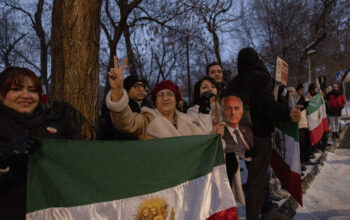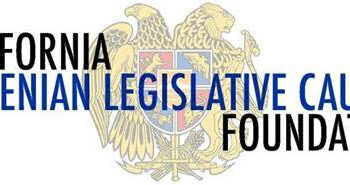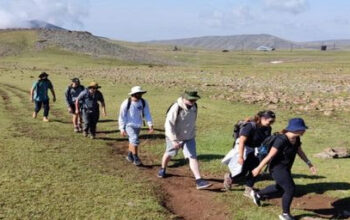The Russian ambassador to Armenia strongly criticized a senior Armenian military official on Friday for suggesting that Nazi Germany had plans to establish a “united Armenia” in the event of a Soviet defeat during World War II.
Artsrun Hovhannisyan, a prominent figure at Armenia’s main military academy and a known ally of Prime Minister Nikol Pashinyan, made the controversial claim during a May 9 interview with state television. The segment coincided with the 80th anniversary of the Soviet Union’s victory in the war.
Hovhannisyan challenged the prevailing historical consensus among Armenian and Russian scholars that a German victory at the Battle of Stalingrad in 1942–1943 would have led to Turkey invading and dismantling Soviet Armenia. Instead, he argued that Hitler’s forces would have occupied the entire South Caucasus and eastern Turkey, thereby restoring a “united and historical Armenia.” He also alleged that Armenian Nazi collaborators were working to help bring about this supposed plan—though he cited no documentary evidence to support the claim.
His remarks triggered sharp backlash from opposition figures and historians. Artsvik Minasyan, a senior member of the opposition Hayastan alliance, accused Hovhannisyan of “falsifying history” during a speech in parliament on Monday. Minasyan called for a criminal investigation, saying the statements effectively served to justify Nazi Germany and its crimes against humanity.
Russian Ambassador Sergei Kopyrkin joined the criticism in an open letter addressed to Armenian Defense Minister Suren Papikyan. Kopyrkin denounced Hovhannisyan’s remarks as “historically false and blasphemous,” adding that they dishonor the memory of those who fought and died during the war.
“It is particularly painful to hear such claims from someone who heads the Command and Staff Institute of the Armenian Military Academy—an institution named after Marshal Ivan Bagramyan, a twice-awarded Hero of the Soviet Union and a legendary commander of the Great Patriotic War,” Kopyrkin wrote.
Hovhannisyan is no stranger to controversy. During the 2020 war with Azerbaijan, he served as the spokesperson for the Armenian Ministry of Defense, delivering daily briefings. For weeks, he denied significant territorial losses and downplayed Armenian military setbacks—contradictions that only came to light after a Russian-brokered ceasefire ended the six-week conflict. Despite public outrage, he was later promoted to colonel and appointed to his current post. Unlike many other senior military figures, Hovhannisyan has been an open supporter of Pashinyan, often using social media to back the prime minister’s policies.
The Armenian government has not officially responded to Hovhannisyan’s comments, which were broadcast just hours after Pashinyan attended a Victory Day military parade in Moscow. Critics of the government, including opposition leaders and independent analysts, suspect the remarks were part of a broader strategy to distance Armenia from Russia and pivot towards the West.
Victory Day, commemorating the defeat of Nazi Germany, remains a national holiday in Armenia. During World War II, about 320,000 residents of Soviet Armenia—then a republic of 1.3 million—were conscripted into the Red Army. The total number of ethnic Armenians who served across the Soviet Union is estimated to exceed 500,000, roughly half of whom perished. More than 100 Armenian soldiers were awarded the title of Hero of the Soviet Union, the USSR’s highest military honor.




